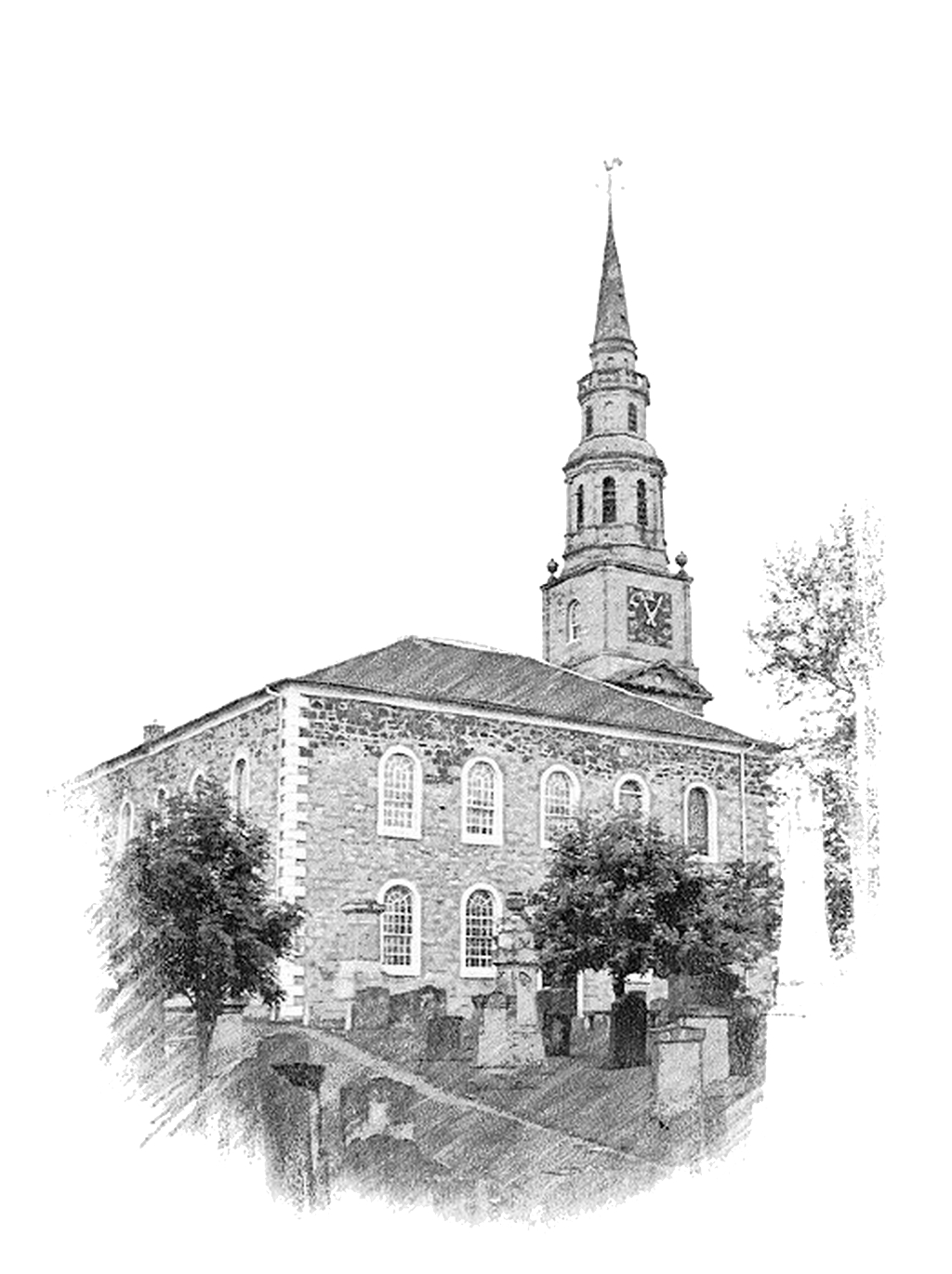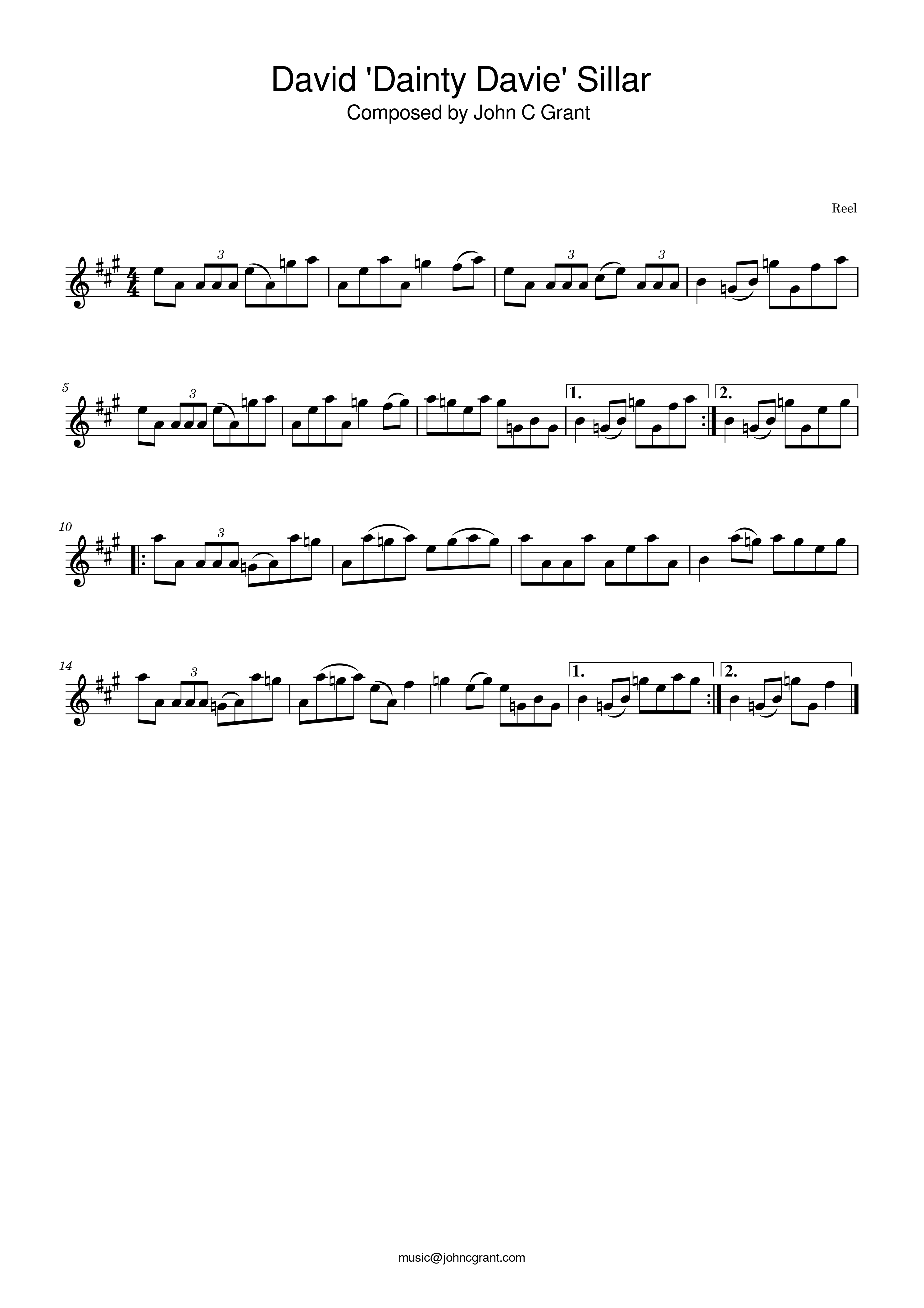
David Sillar (1760–1830) emerges from the annals of Scottish history as a polymath, farmer, poet, grocer, schoolteacher, and baillie—whose closest bond was with none other than the celebrated poet Robert Burns. His journey concluded in 1830 at the age of 70, following an extended illness, and he found his final resting place in Irvine’s Old Parish Church cemetery. The ravages of time upon his gravestone were replaced with precision, a feat achieved through the efforts of the Irvine Burns Club. Sillar’s marital odyssey comprised two unions, yielding but a lone surviving son, Dr. Zachary Sillar M.D. of Liverpool. His patrilineal heritage traced back to Patrick Sillar, a tenant farmer at Spittalside near Tarbolton, Ayrshire. His initial marriage was to Mrs. Margaret Kerr, née Gemmell, shortly after his move to Irvine, resulting in the birth of seven children. His second spouse was the sister of John Bryan of the Sun Inn, Kilmarnock.
Sillar was the third son among four, in a lineage presided over by his father, Patrick Sillar, farmer at Spittalside, situated near Tarbolton and in close proximity to the Burns family farm at Lochlea. His brother William assumed the farm’s lease, while his elder siblings Robert and John embarked on mercantile pursuits, trading with Africa subsequent to Robert’s departure from the Ayr soap works, where he had been employed by James Gibb.
Although largely self-taught, Sillar’s determination led to his temporary appointment as a teacher in Tarbolton, a role that was eventually awarded to John Wilson, of Death and Doctor Hornbrook fame. Undeterred by this setback, Sillar established an ‘adventure school,’ though without success, at Commonside, nestled between Annbank and Tarbolton. Sillar’s subsequent move to Irvine in 1783 marked the establishment of his identity as a grocer beneath the historic Irvine Tolbooth. A brief period of bankruptcy in 1791 even saw him within the confines of the Tolbooth, the debtor’s jail. An appeal for a £5 loan to avoid this fate, directed at his prosperous elder brothers, met a resolute refusal. This event etched an enduring mark upon him, despite the substantial wealth that would later grace his life.
In 1784, Sillar tried his hand again as a teacher in Irvine, setting up a school of navigation on East Back Road; though encountering a fate familiar from his past attempt. Notably, writer and Burns enthusiast, H Makinson’s records illustrate that this navigation school finally thrived, garnering an annual income of approximately £100, an outcome likely propelled by Irvine’s bustling port. In 1797, his bid for a teaching position in English in Irvine ended without success. Sillar commemorated his move to Irvine in rhyme:
It is twa years an’ something mair
Sin I left Kyle i’ this same shire,
And cam tae trade, an’ think an’ fare
Like other men,
Side Irvine’s banks and country fair
O’ Cunningham.
After enduring a series of setbacks, Sillar’s fortunes took a fortuitous turn, as he found himself an inheritor of substantial wealth—ranging from £30,000 to £40,000—courtesy of an uncle, a partner in Sillar and Henderson, a Liverpool mercantile company. Contrary to popular belief, Makinson attributes this fortune not to inheritance from the uncle, but rather to the prosperity amassed by his elder brothers Robert and John, who achieved success in trade between Liverpool and Africa. This unforeseen inheritance breathed new life into Sillar’s circumstances, a boon augmented by the lease of Spittalside Farm and a considerable sum of money, bequeathed by his younger brother William. Subsequently, David’s wife took the reins of the farm, allowing him to focus on his school, while he would return to the fields at week’s end. His newfound financial security enabled Sillar’s ascent to civic roles, initially as a councillor, and eventually as a baillie or magistrate in Irvine. The remnants of his unsuccessful grocer’s shop near the old tolbooth gave way to property acquisitions, including a block of four houses north of the cross, situated on the western side of High Street. Another property, a house at Kirkgatehead, entered his possession in 1814. While he may not have left a legacy of benevolence, one can speculate that his experiences in life influenced his reticence. David outlasted all his family, save for his son, who resided in Liverpool.
Beyond his administrative pursuits, Sillar displayed his musical talents by playing both the dulcimer and the fiddle, the latter of which witnessed his own compositions. One such composition, “A Rosebud by My Early Walk,” was endorsed by Burns himself, who saw fit to include it in Johnson’s Musical Museum.
In 1789, David made his literary debut by publishing a collection of poems titled ‘Poems.’ This volume, spanning 247 pages, was printed by Robert’s own printer, John Wilson of Kilmarnock. The work was dedicated to Hugh Montgomery, Esq of Skelmorlie. In the endeavour to promote his poetry, David received assistance from a dear friend, who, on January 22, 1790, sent him a remittance of £2 4S 0d collected from eleven subscribers to David’s poems. A copy of this historically significant letter is now preserved by the Irvine Burns Club.
Regrettably, David’s poetic efforts fell short of widespread acclaim. Critics remarked on the ponderous nature of his verses, the absence of humour, and the somewhat coarse quality of his writing. Some have even suggested that his later struggles as a grocer in Irvine may have been, in part, attributed to the significant time and energy he dedicated to composing poetry.
David Sillar and Robert Burns’ friendship ran deep. Sillar’s letters to Burns, penned after the latter’s departure from Tarbolton in 1785, attest to their continued connection. Burns, in turn, composed poems that celebrated their bond, including the ‘Epistle to Davie.’ Sillar’s enduring affection for Burns manifested itself when he became a founder member and the inaugural vice-president of the Irvine Burns Club in 1826. His backing of the Burns Monument at Alloway showcased his reverence for the poet’s memory, even as traces of bitterness occasionally surfaced towards a community he believed had undervalued Burns during his lifetime.
The legacy of David Sillar endures—a testament to his profound friendship with Robert Burns, his literary and artistic contributions, and his civic engagements that mirror his resilience and the transformation of his destiny.
A guide track for ‘David Sillar’ is available below for listening: -
The track is additionally available within the following collections and sets: -
Associated Collections: -
4/4
Ayrshire Characters
Bachelors Club
Bagpipe
Musicians
Not Yet Recorded
Reel
Robert Burns
The Tarbolton Collection
The Three Six Five Collection

